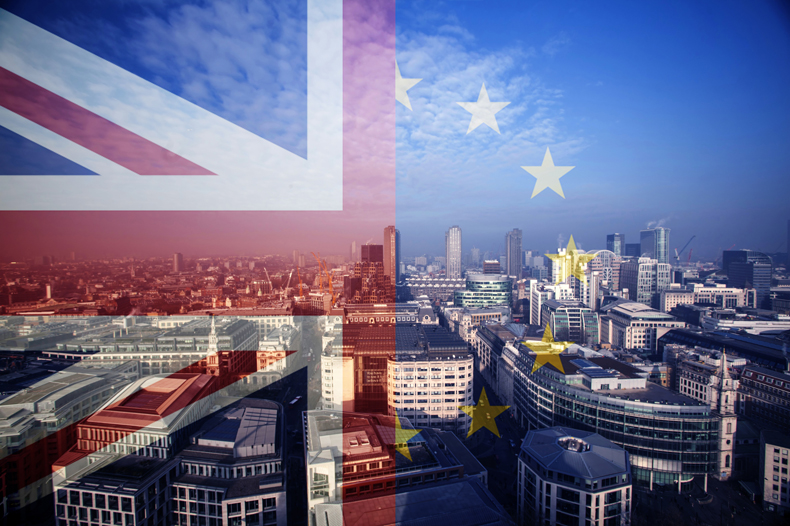IP features in UK Government Brexit reports
Intellectual property (IP) was featured several times in the UK Government’s sector analysis reports on the impact of leaving the EU on the British economy, published in December

Intellectual property (IP) was featured several times in the UK Government’s sector analysis reports on the impact of leaving the EU on the British economy, published in December.
The reports were made available by the parliamentary Committee on Exiting the European Union. IP featured significantly in the Professional and Business Services Sector Report and Creative Industries Sector Report.
The Professional and Business Services Sector Report covered much of the UK’s service sector including accounting, business and legal services. It mentions IP professionals:
|
Intellectual property professionals work within the framework of the EU packages governing trademarks and designs (Regulation 2015/2424/EU and Directive 2008/95/EC recently recast by 2015/2436/EU on trademarks; Regulation 6/2002/EC and Directive 98/71/EC on designs). IP professionals are also affected by EU Directives regarding copyright and related rights. |
The Creative Industries Sector Report included several mentions of IP. Including in the definition of what creative industries are:
|
The Government defines the Creative Industries as ‘those industries which have their origin in individual creativity, skill and talent and which have the potential for wealth and job creation through the generation and exploitation of intellectual property. |
The report also recognises the role of the EU in registered trade mark and design rights:
|
The value of human inputs (i.e. individual creativity, ideas and innovation) is high within the Creative Industries. The current UK Intellectual Property (IP) framework is a mixture of national, EU/EEA, and international regulation. EU IP law does two main things: creates certain IP rights which would not otherwise exist, such as the unitary EU wide registered trademark and design; and harmonises rules around national rights so the substantive rules of Member States awarded trademarks and designs are broadly similar. EU law has also harmonised many aspects of the copyright framework such as certain copyright exceptions. |
CITMA continues to engage with key stakeholders and decision makers. In December we published a report which calls for clarity, collaboration and concerted action from government to protect UK business and our world-leading intellectual property sector.

